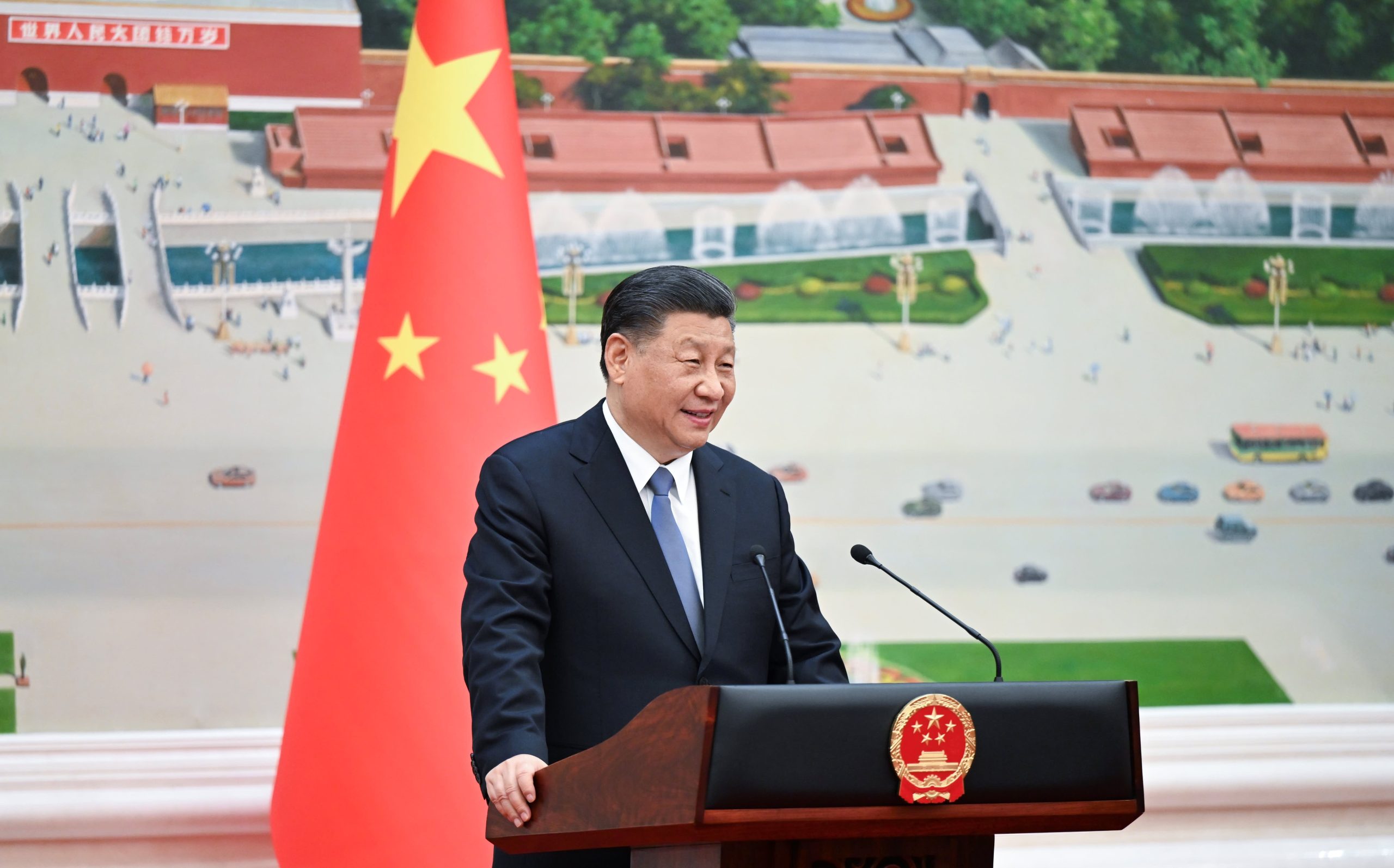The Korean War marked a remarkable turning point in American foreign policy, as it was the first major conflict in which the United States did not seek total victory. Instead, the war became a protracted stalemate, with the enemy employing a strategy of “negotiating while fighting.”
This approach allowed China and North Korea to gain an advantage, as the US and its allies began to relax their war efforts in anticipation of a peaceful resolution.

President Xi Jinping (Credits: CNBC)
The prolonged stalemate had a devastating impact on morale among American forces, with many soldiers feeling that they were fighting a war that was already won. Thousands of Americans lost their lives as negotiations dragged on, leading to increased pressure to make concessions. This tragic scenario was repeated in the Vietnam War.
Today, China and Russia are employing a similar strategy in the new Cold War, exploiting the West’s desire for peace and cooperation. While declaring a “no-limits strategic partnership” to challenge American hegemony, China has been encouraging the US to pursue bilateral cooperation on trade, climate change, and reducing tensions.
However, this has only served as a distraction, allowing China to support Russia’s aggression in Ukraine and undermine US sanctions.
The Chinese spy balloon incident in February 2023 was a wake-up call for many US policymakers, revealing China’s hostile intentions towards the US. The incident prompted Secretary of State Blinken to postpone his visit to China, but subsequent meetings between President Biden and Xi Jinping have yielded little progress.
In April, Biden and Xi spoke by telephone, with the Chinese readout indicating that Xi reaffirmed his intention to take aggressive action against Taiwan if it does not yield to Chinese Communist control. However, the US report did not indicate that Biden pushed back or repeated his previous statements that America will defend Taiwan.

Biden with President Xi Jinping (Credits: Al Jazeera)
Treasury Secretary Janet Yellen has since admitted that the US’s China engagement policies over the past four decades were naive and counterproductive.
During her visit to Beijing, she expressed a firmer tone, criticizing China’s continued surge of cheap exports to the US and the damage it causes to Western businesses. However, China’s news service, Xinhua, accused Yellen of ramping up information warfare in preparation for more hostile US economic measures.
Blinken’s follow-up visit to Beijing was met with renewed Chinese hostility, signaling that China intends to continue fighting while negotiating. This approach has been a consistent pattern in China’s dealings with the US, and it is essential for American policymakers to recognize and respond to this strategy effectively.























